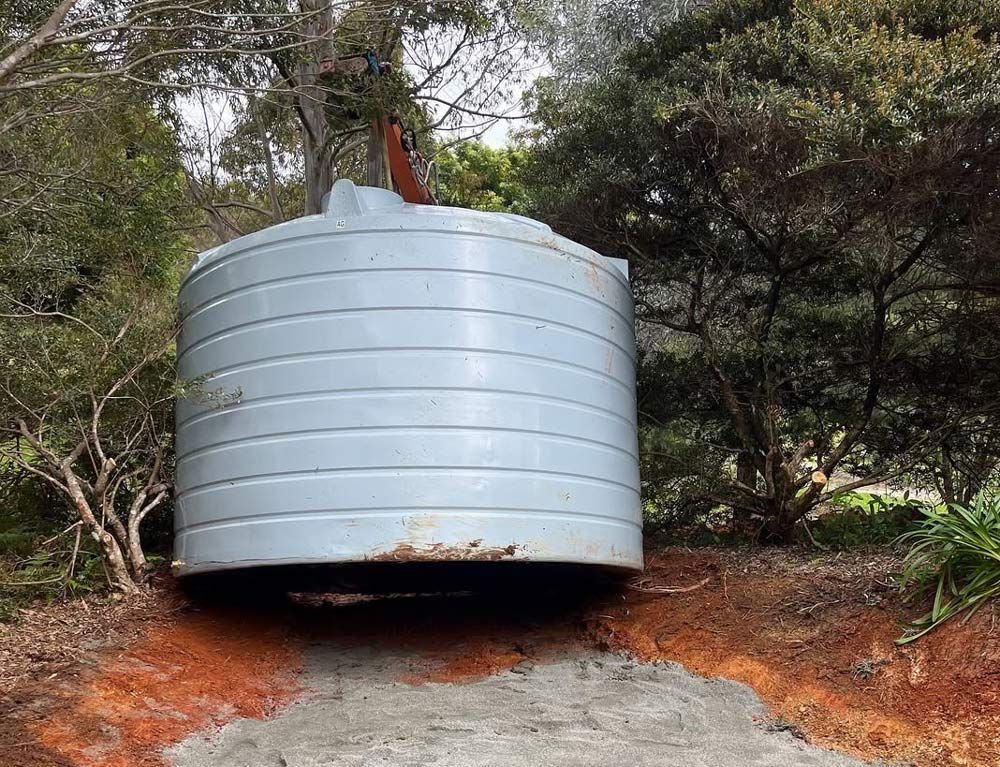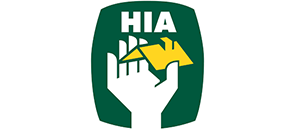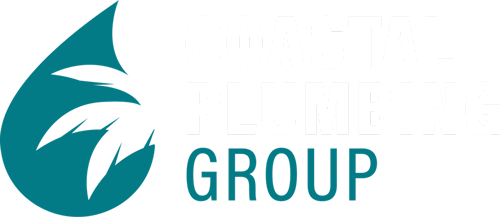How To Spot Early Warning Signs Of Septic Tank Failure
Table of Contents
- Slow Drains Throughout the Property
- Gurgling Sounds in Pipes & Toilets
- Foul Odours Indoors or Around the Yard
- Lush Grass or Pooling Water Over the Drain Field
- Frequent Toilet Backups or Overflows
- Visible Sewage in Drains or Yard
- Increased Water Usage Leading to Symptoms
- No Record of Recent Septic Maintenance
- Need Help With Plumbing Septic Tank Issues?
Imagine this: you're enjoying your morning coffee when you notice a faint but unmistakable sewage odour drifting through your kitchen window. Later that day, your shower water starts pooling around your feet, not because the drain is blocked with hair. While easy to overlook at first, these early warnings may be signs your septic system is crying out for help.
If your property relies on a septic tank, staying alert for problems before they escalate is crucial. Left unchecked, a failing system can lead to costly repairs, environmental damage and serious disruptions to daily life. Whether you're new to septic systems or have managed one for years, recognising the red flags early could save you more than just money.
Below, we explore the common early symptoms of septic tank issues and offer practical advice for property owners, rural residents, and property managers looking to protect their investments.
Slow Drains Throughout the Property
When one drain slows down, it might just be a local clog. But when multiple fixtures drain sluggishly, your problem may be much larger than it appears.
- Slower sinks, baths, and laundry drains throughout the home indicate that wastewater isn’t flowing freely from your plumbing to the septic tank.
- When the septic tank is nearing capacity or the outlet pipe is blocked, water can’t exit the house as quickly as it should.
- You may also notice water pooling in lower-level fixtures like basement sinks or ground-floor showers.
Rather than reaching for the plunger again, consider that your entire wastewater system might be compromised. In this case, a septic system inspection is the smarter move.
Gurgling Sounds in Pipes & Toilets
We often tune out the background noise of household plumbing, but unusual gurgling sounds are worth paying attention to. If your drains or toilet start to gurgle after use, take it as a warning sign.
- These sounds may mean air is displaced due to pressure build-up in the plumbing lines.
- The gurgling is typically caused by wastewater struggling to pass through full or blocked pipes.
- Toilets that bubble or hiss after flushing may signal gases trying to escape back up the line.
Foul Odours Indoors or Around the Yard
Septic tanks are designed to keep smells contained, so if you detect a strong sewage smell, something’s wrong.
- When the tank isn't venting properly indoors, this odour may seep from floor drains, basins, or toilets.
- Outside, a strong smell near the tank or drainage field can mean wastewater is escaping into the soil.
- Smells tend to intensify in warm weather or after heavy rainfall when systems are under pressure.
Even mild odours should prompt action. Not only are they unpleasant, but they could indicate leaks that pose health and environmental hazards.
Lush Grass or Pooling Water Over the Drain Field
If a section of your lawn is greener and more lush than the rest, don’t start celebrating—your drain field could be saturated with wastewater.
- A healthy drain field absorbs and disperses wastewater safely underground.
- When that system is overloaded or clogged, nutrients in the wastewater surface and artificially boost plant growth.
- Puddles of water during dry weather or unusually wet patches on your lawn may suggest that untreated effluent is leaking.
Keep an eye on what your landscape tells you—nature shows when something beneath the surface isn’t right.
Frequent Toilet Backups or Overflows
Toilet issues are among the most distressing and obvious signs of a septic system under strain.
- When toilets frequently clog or overflow, even after plunging, it's often due to a full tank or blocked pipes leading out of the house.
- You might notice gurgling or a flushing delay, particularly if several bathrooms are affected.
- The most serious sign is waste backing into bathtubs, showers, or laundry tubs.
These issues can indicate that sewage is no longer being processed correctly. If left unattended, you risk indoor damage to internal plumbing and hygiene problems.
Visible Sewage in Drains or Yard
This is when you know the problem has reached a critical stage. If you spot sewage anywhere, it shouldn’t be—indoors or out—immediate action is essential.
- Wastewater emerging from floor drains, backing up into toilets, or appearing around the septic tank or drain field are signs of total system failure.
- Exposure to untreated sewage poses serious health risks, including harmful bacteria and pathogens.
- Repairs may often require tank pumping, field repairs, or even replacement of system components.
This situation should never be left to DIY fixes. It clearly calls for a licensed plumber with septic experience.
Increased Water Usage Leading to Symptoms
Have you recently added a new washing machine, had guests staying over, or moved in with a larger household? These changes can put unexpected strain on your septic tank.
- Increased water usage means more wastewater entering the system, accelerating the fill rate.
- Some signs, like slow drains and odours, may only appear when usage spikes, then fade when activity returns to normal.
- Septic tanks are sized according to anticipated daily water use. Significant lifestyle changes may require system upgrades or more frequent pumping.
Tracking your water habits and observing how your system reacts can help identify whether capacity limits are being reached.
No Record of Recent Septic Maintenance
The simplest reason for many septic problems is a lack of maintenance. Out of sight shouldn’t mean out of mind.
- Depending on household size and capacity, septic tanks should be pumped every 1–3 years.
- Regular inspections can detect cracks, sludge build-up or drainage issues before they cause failure.
- New homeowners often don’t know when the tank was last serviced, making inspection essential.
Without consistent care, even the most reliable system can falter. Keeping good records and scheduling regular checks is key to avoiding nasty surprises.
Need Help With Plumbing Septic Tank Issues?
At Coastal Plumbing Group, we provide septic tank plumbing services in Coffs Harbour. Whether you’re experiencing odours, slow drains or more obvious signs of failure, our licensed team can diagnose, maintain and restore your wastewater system before things worsen.
We service everything from standard tanks to complex wastewater systems, providing inspections, repairs, pumping and complete replacements when needed. If you’re concerned about your septic tank, don’t wait for it to back up—get in touch via our contact page or give us a call to book an inspection or service.













